
Dr. Ravi Munver explained that, for patients who are recently diagnosed with prostate cancer, it is important to explore treatment option with their care.

Ryan Scott is an Editor of CURE; she joined MJH Life Sciences in 2021. In addition to writing and editing timely news and article coverage, she manages CURE's social media accounts; check us out @curetoday across platforms such as LinkedIn, Facebook, X, and Instagram! She also attends conferences live and virtually to conduct video interviews and produce written coverage. Email: rscott@mjhlifesciences.

Dr. Ravi Munver explained that, for patients who are recently diagnosed with prostate cancer, it is important to explore treatment option with their care.

June brought major breast cancer updates, and CURE is sharing the latest treatment combinations, biomarker-driven care and patient well-being.
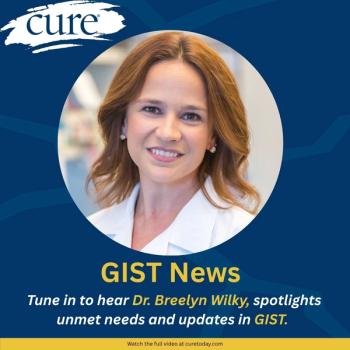
Dr. Breelyn Wilky discusses some of the most recent advancements in GIST treatment, as well as touched on the role of personalized therapy.

Dr. Rita Mukhtar sits down for a conversation with Dr. Joshua Sabari to discuss the potential use of ctDNA to guide breast cancer therapy.

Daraxonrasib has received breakthrough therapy designation from the FDA for KRAS G12+, previously treated, metastatic pancreatic ductal adenocarcinoma.

The START Hope Hub is a robust digital platform designed to break down barriers to early-phase clinical trial access for those with cancer.
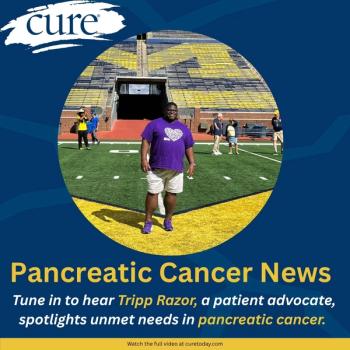
Tripp Razor highlights the disproportionately high pancreatic cancer risk among Black Americans and the systemic disparities they face in access to care.

Dr. Prantesh Jain and Dr. Joshua Sabari delved into the numerous advances in NSCLC following 2025 ASCO, highlighting the REZILIENT-1 and NeoADAURA trials.

Dr. Raajit K. Rampal and Dr. Joshua K. Sabari walk through updates for patients in the treatment of blood cancers, including polycythemia vera.

Dr. Joshua K. Sabari and Dr. Julia E. McGuinness discussed the SERENA-6 trial and its outcomes for patients with ESR1-mutated HR+/HER2— breast cancer.
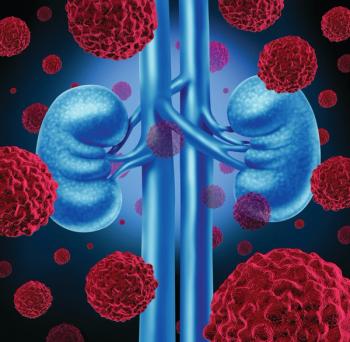
Dr. Michael Serzan explains the importance of clinical trial enrollment for patients with kidney cancer and highlighted findings from the STELLA-002 trial.

Various trials within the small cell lung cancer space were brought to light following recent data, impacting how patients will be treated in the future.

Dr. Joshua Sabari and Jackie Herigodt discuss the Imerman Angels organization and the importance of recognizing the person behind their cancer diagnosis.

A study explores how prior authorization requirements; coverage stoppages and other red tape can generate barriers to life saving therapies in cancer care.

Dr. Sara M. Tolaney breaks down key takeaways from the DESTINY-Breast09 trial that patients with HER2+ advanced or metastatic breast cancer should know.

The 2025 ASCO Annual Meeting highlighted key advances in brain cancer and brain metastases for patients affected by the disease.

Treating patients with lung cancer always calls for a focus on informed and shared decision-making, according to expert oncologists.

Dr. Joshua K. Sabari and Dr. Daniel V. Araujo provide expert insights into genitourinary cancer updates from ASCO 2025.
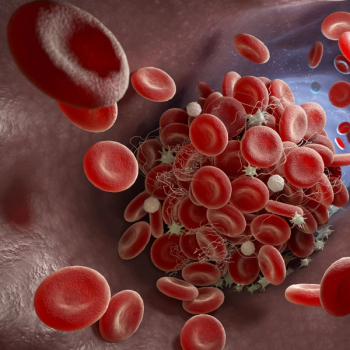
Treatment with the investigational therapeutic rusfertide has proven to be a potential treatment option for patients with polycythemia vera.

Dr. Suresh Ramalingam discusses how Tagrisso has ushered in a new era of care for patients with advanced EGFR+ non-small cell lung cancer.

Natalie Schnaitmann discusses the importance of self-advocacy and access to second opinions when symptoms are dismissed among young women with cancer.

Dr. Jared Weiss walks patients through the therapeutic potential viability of intratumoral therapies among those with lung cancer.

Here is a recap of every FDA approval announced by the regulatory agency in the month of May, spanning various cancer types.

Dr. Jared Weiss details the importance of continued research into novel therapies for patients with lung cancer.

Natalie Schnaitmann discusses urgent supportive care gaps that affect long-term quality of life for younger women with cancer.

Participation in a structured exercise program following surgery and adjuvant chemo improved key survival end points in stage 3 and high-risk stage 2 CRC.
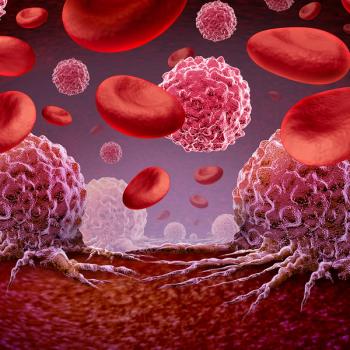
The phase 1/2 STARLIGHT-1 trial has dosed the first patient in the second cohort of the study evaluating EB103 in advanced B-cell non-Hodgkin’s lymphomas.

Dr. Jared Weiss sat down for an interview to discuss a trial evaluating JNJ-1900, an immune-stimulating radiation sensitizer, in those with lung cancer.
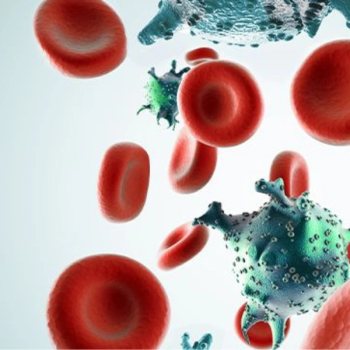
A patient and provider share updates on pelabresib plus Rituxan treatment, which met the MANIFEST-2 trial's primary end point for those with myelofibrosis.

The BLA seeking accelerated approval for patritumab deruxtecan in previously treated, locally advanced EGFR-mutated NSCLC in the U.S. has been withdrawn.